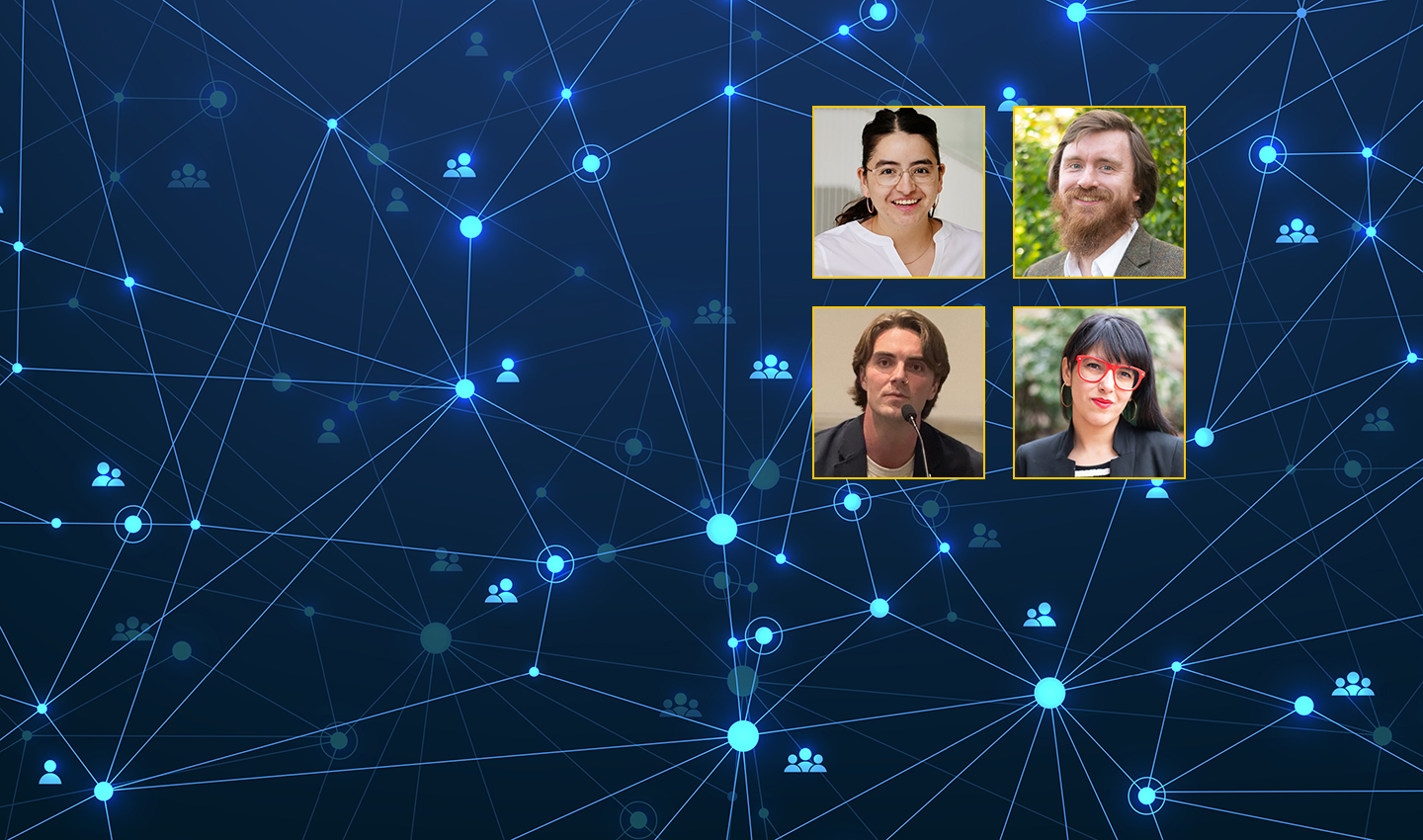The University of Washington Information School faculty welcomes four colleagues to their ranks for the start of the 2025-26 academic year. These scholars will inform the School’s mission, supporting research as well as undergraduate and graduate education in the Informatics, Information Management, Library and Information Science, and Museology programs.
Two of the scholars are taking on new roles at the Information School. They, along with the two incoming faculty bring significant teaching and research expertise applied across fields as diverse as human-computer interaction, Indigenous knowledge, data science, library and information science, archives, natural language processing, and GIS (Geographic Information Systems).
“The Information School’s strength lies in its interdisciplinary applied research, which produces a vibrant academic experience for our students and positive impact on communities near and far,” said Anind K. Dey, dean of the Information School. “These new faculty exemplify and expand on these strengths.”
Jason C. Young will take on a new role in the faculty, shifting from a principal research scientist to an assistant professor. His research explores the intersection between technology, knowledge systems and power, and utilizes community-based, participatory approaches with applied goals. In this new role, Young will continue as the director of the Technology & Social Change Group and a research fellow with the UW Center for an Informed Public.
Also joining the Information School as an assistant professor is multi-method scholar Pelle Tracey. Tracey’s research explores automated technologies, AI and recordkeeping work in practice. He’s currently focused on automation in homeless services to make these systems more fair and effective for the vulnerable clients they serve.
Belén Saldías will join the school as an assistant teaching professor, strengthening the Information School’s expertise in human-centered design and AI. Saldías’ commitment to fostering empowerment, especially for young people and marginalized populations is shared by incoming Acting Instructor Itza Carbajal. Carbajal is currently a Ph.D. candidate at the Information School.
“We’re thrilled to welcome these scholars to the School,” said Dey. “This cohort of faculty advances our commitment to empowering people and strengthening communities through information technology.”
About our 2025-26 Cohort
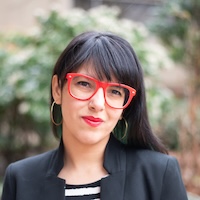
Itza Carbajal
Joining the iSchool as an Acting Instructor
Itza A. Carbajal is a U.S. settler born in New Orleans and raised in Texas currently pursuing a Ph.D. in Information Science at the University of Washington Information School (anticipated Spring 2026) focusing on children and their records. Her philosophy as an educator centers on facilitating self-determination and emotional and cognitive development through teaching ancestral and contemporary self-documentation strategies and critical information skills, and by emphasizing the importance of storytelling in human history and society. Through a social-historical lens, Carbajal stresses the role of historic and contemporary records in shaping personal and collective memories through K-16 learning with a special focus on disaster education. She holds a Master of Science in Information Studies with a focus on archival management and digital records from the University of Texas at Austin and a dual-degree Bachelor of Arts in History and English from the University of Texas at San Antonio.
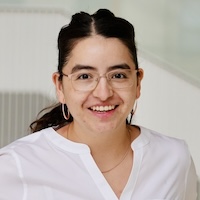
Belén Saldías
Joining the iSchool as an Assistant Teaching Professor
Belén Saldías’s research focuses on the responsible, human-centered design and evaluation of machine learning systems, emphasizing human-AI collaboration. In her Ph.D., she explored how language models can support decentralized governance and increase user agency online. Saldías is committed to making the internet safer and more empowering, especially for children and marginalized communities, integrating machine learning and natural language processing with social science insights. As an educator, Saldías teaches courses addressing pressing social issues such as Generative AI Ethics and Data Justice, alongside technical topics including Databases and Information Visualization. She views teaching as a relational practice, emphasizing self-awareness, strategic learning, rigor and practical adaptability. Saldías earned her Ph.D. at the MIT Media Lab and the Center for Constructive Communication. Previously, she held positions at Harvard University, Google Research, Pontificia Universidad Católica de Chile, and several AI-focused companies and startups.
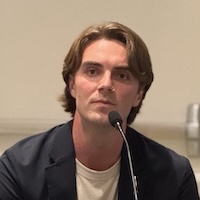
Pelle Tracey
Joining the iSchool as an Assistant Professor
Pelle G. Tracey’s interests are in archives and records, automation, tech policy, and the future of work. His work explores how recordkeeping and automated technologies work in practice, particularly when deployed in frontline government, care work or rental housing contexts. His current research is an ethnographic investigation of homeless services’ coordinated entry systems, which determine how life-saving aid is allocated to vulnerable people. This work aims to make homeless services more fair and effective through policy and design interventions, and through building partnerships with policymakers, municipal governments and community groups. Tracey was a 2022 LIS Education and Data Science Integrated Network Group (LEADING) fellow and holds a bachelor's degree from Earlham College and a Ph.D. from the University of Michigan School of Information.
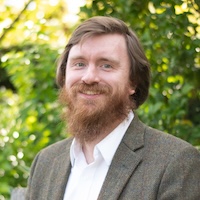
Jason Young
Joining the iSchool as an Assistant Professor
Jason C. Young’s research explores the intersection of technology, knowledge systems and power. He asks how technological practices — including the use of social media and AI and the spread of misinformation — imbue different forms of knowledge about the world with more or less authority and power. He is particularly interested in understanding these dynamics in the context of historically marginalized communities, with the goal of supporting communities to use technologies to build the resilience of their lands and cultures. Young’s projects strongly emphasize participatory approaches, and they have been supported by more than $8 million in funding from organizations including the National Science Foundation, Institute of Museum and Library Services and more. Young serves as the Director of the Technology & Social Change Group, and he holds affiliations with the UW Center for an Informed Public and UW Jackson School of International Studies. He received his Ph.D. from the UW Department of Geography in 2017.
